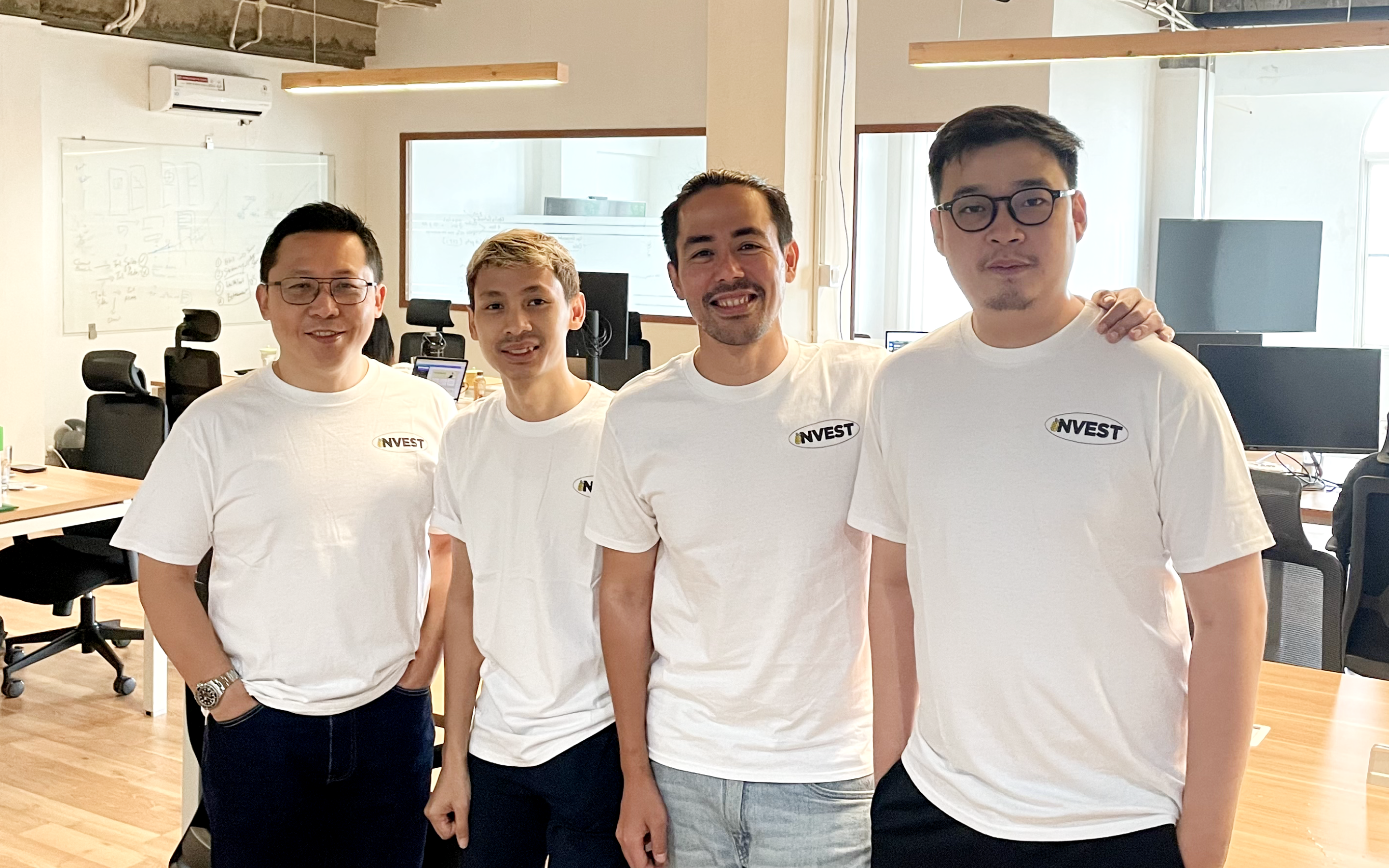When travel platform KKday raised the first part of its Series C in September 2020, the travel landscape was very different. Now, as KKday announces that it’s added $20 million to the round, bringing its total to $95 million, travel trends are changing, with more people going on domestic or international trips. The funding was led by Asia private equity firm TGVest Capital.
“We plan to use the new funding to double down on expanding our footprint in key markets including Taiwan, Japan, Hong Kong, Korea and Asia,” founder and CEO Ming Chen told TechCrunch. “In addition, we are preparing for an influx of both domestic and international travelers as borders reopen.”
The startup says that in June 2022, its gross merchandise value exceeded pre-COVID levels, and it also lowered its user acquisition cost to one-third of the amount it spent before the pandemic. It’s making revenue and exceeding its revenue numbers from before COVID-19.
Part of the funds will be used for hiring across departments, including software engineers, research and development, business development and operations, and marketing. The capital will also be used to develop tech products for the online travel agencies (OTAs) and merchants who provide activities and services on KKday’s platform. KKday says its SaaS solution for merchants to manage bookings and inventory, called Rezio, is now used by 1,600 merchants around the world and reaches 2.7 million travelers.
Rezio works with online travel agencies like Viator to help their merchants expand. The service enables them to manage bookings across multiple channels, like Viator and Tripadvisor.
During the pandemic, KKday’s main growth driver was domestic travel in markets like Japan, Hong Kong, Korea, Taiwan and Southeast Asia. It recently acquired Activity Japan, a tour and activity online travel agency, and expects to see more business in Japan. KKday also anticipates more activity in markets like Korea and Singapore where international travel is resuming.
KKday is also planning to relaunch its own “curated experiences,” or local tours, as borders open. Chen said several trends he’s seen as travel restrictions lift include a surge in both domestic and international travel. There are also more “digital travelers,” or people who use online tools like KKday to plan their itineraries and save costs, and demand for curated tours like the ones KKday will offer.
“Since we last spoke and over the last 12 months, more markets have opened up and domestic travel has been a strong driver of our growth. While staycations remain popular, there was also a surging appetite for local domestic tours, activities and attractions,” Chen said. “We added 200,000 more experiences and activities across Asia-Pacific during COVID-19. In Japan alone, we added 35,000 new activities.”
In a prepared statement, TGVest Capital managing director Claire Lai said, ““Traveler demand is rebounding at a fast pace as borders reopen. Ming and his team’s relentless focus on innovation and providing long-term value to its ecosystem of travel operators, activity providers, and users has proven paramount in weathering the COVID-19 wave.”



